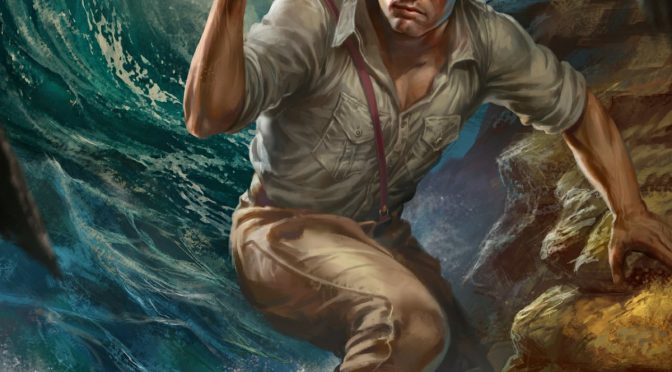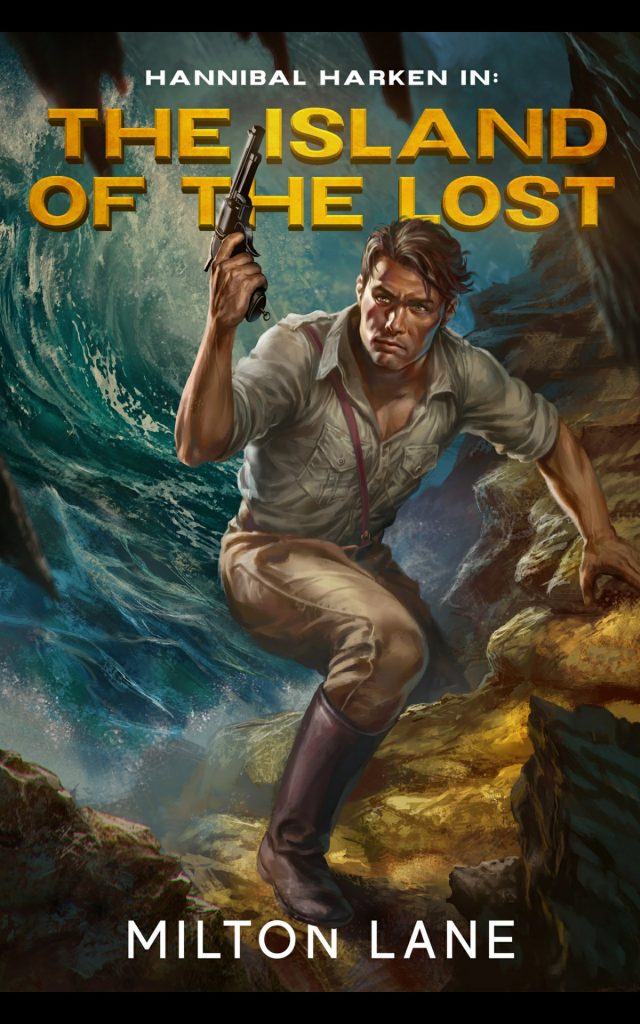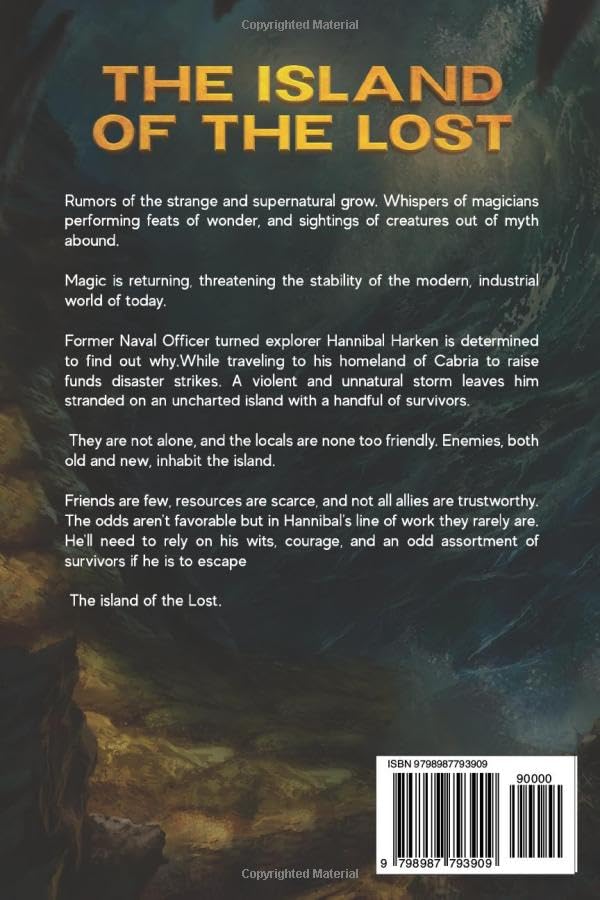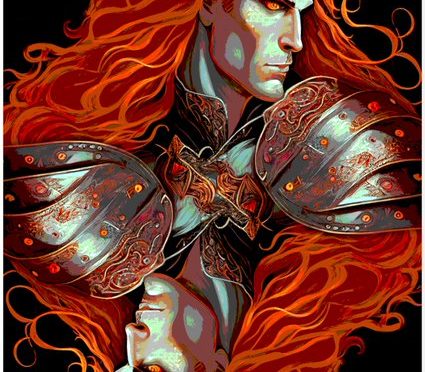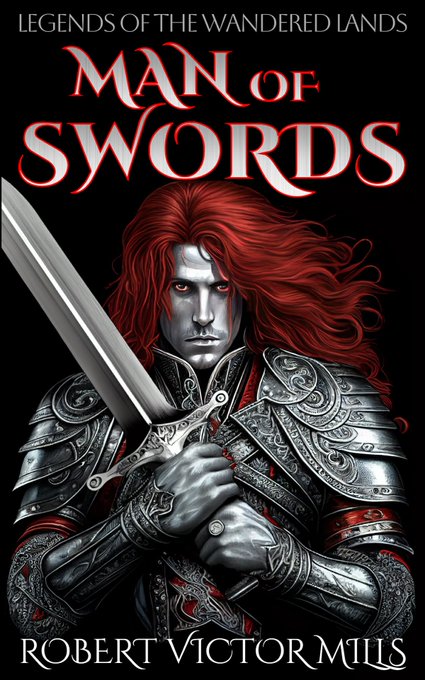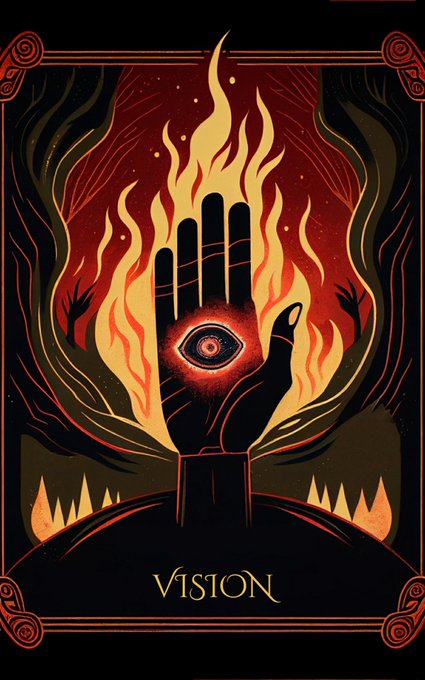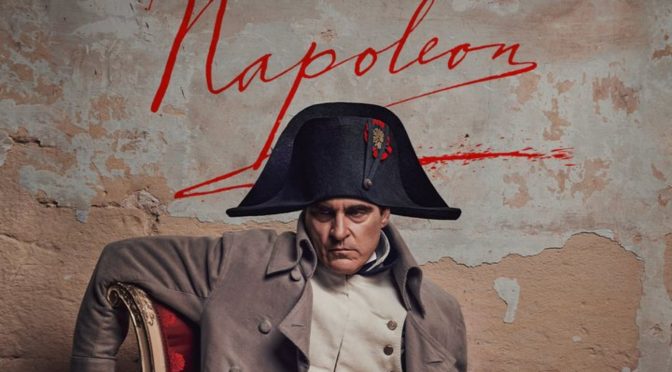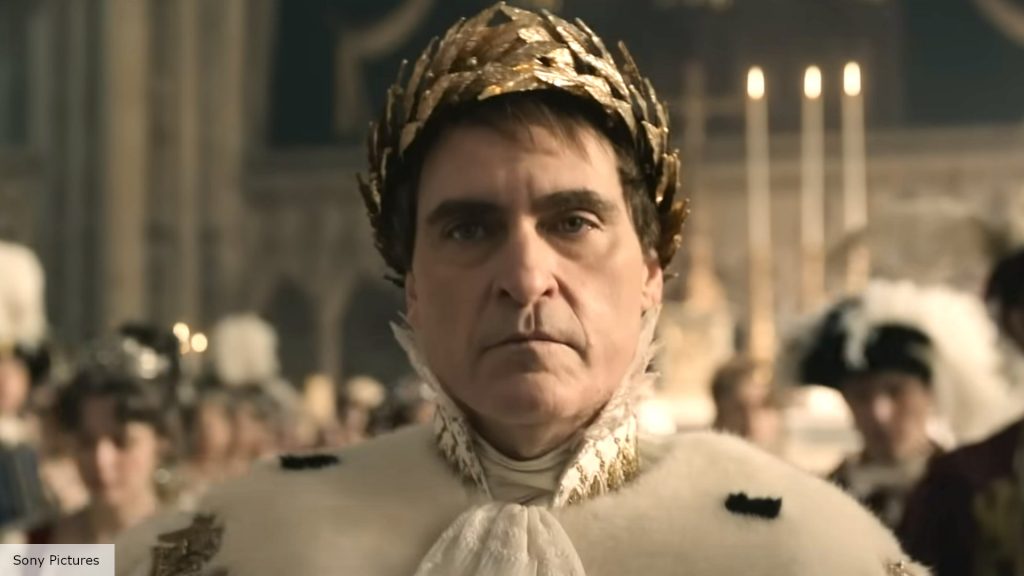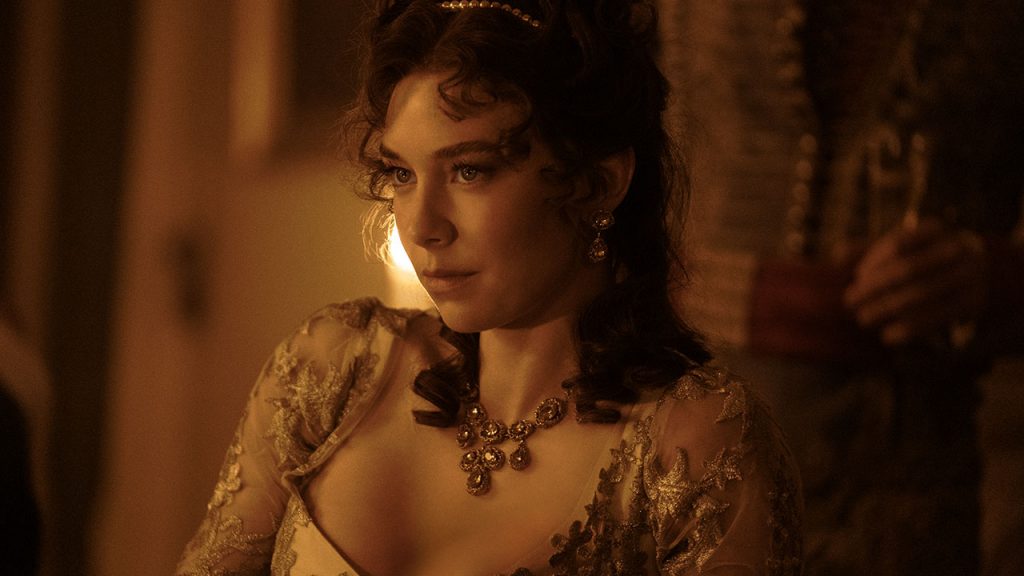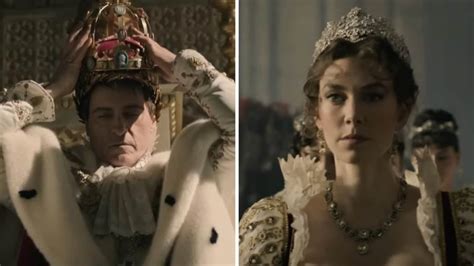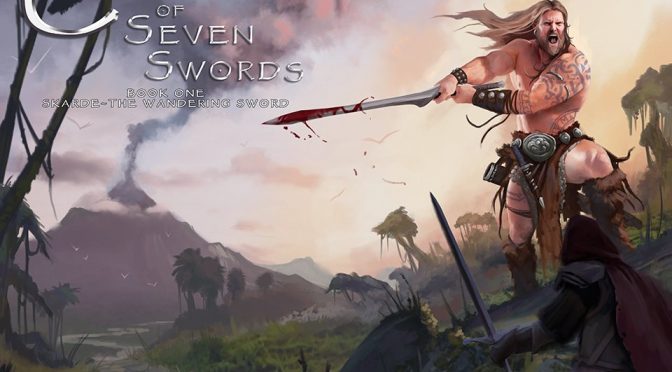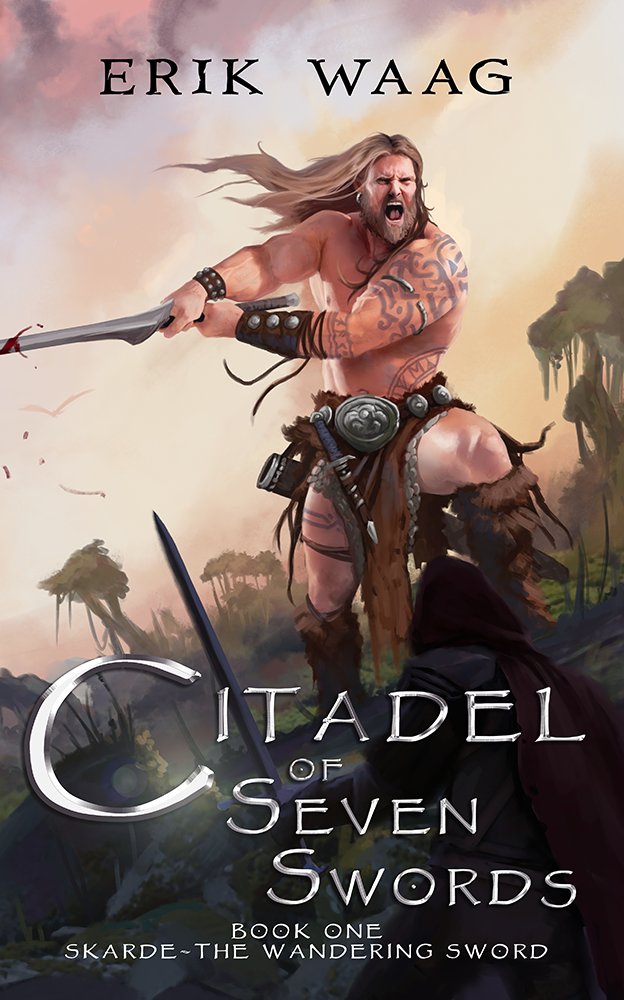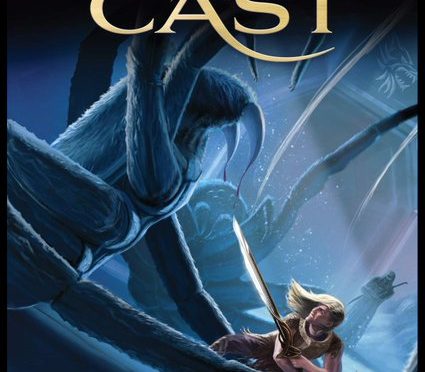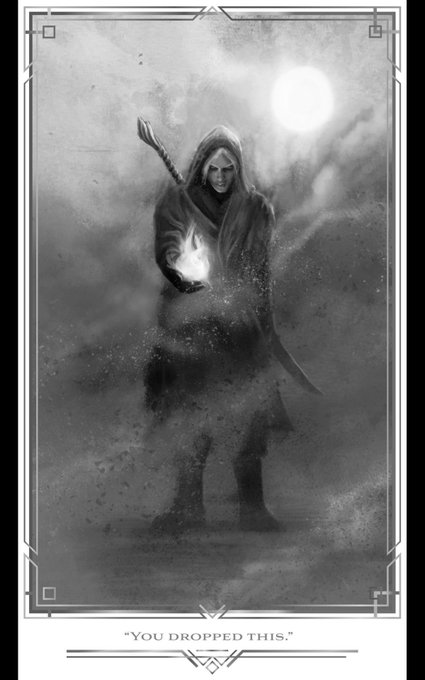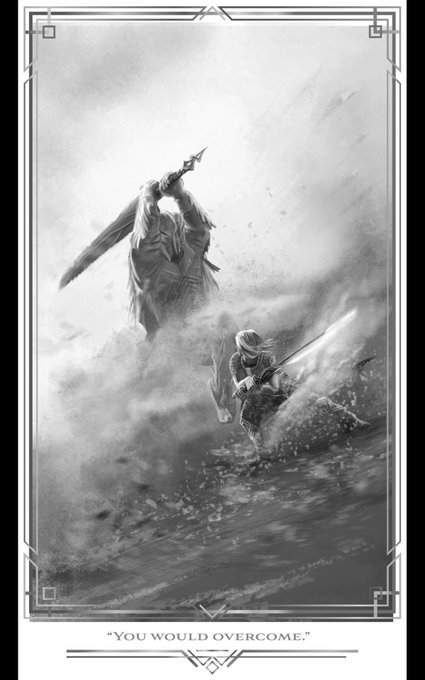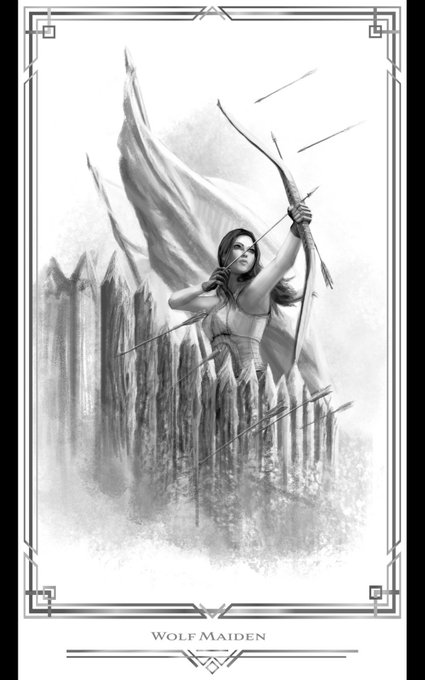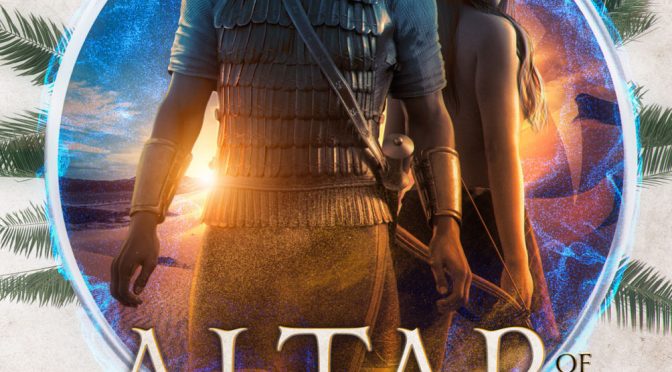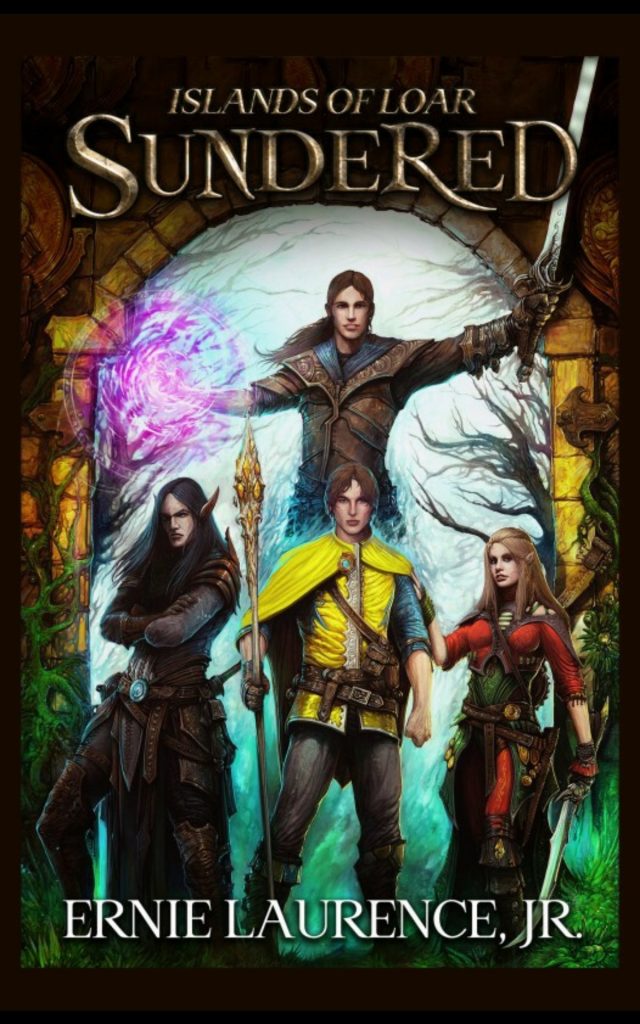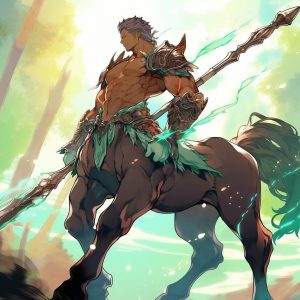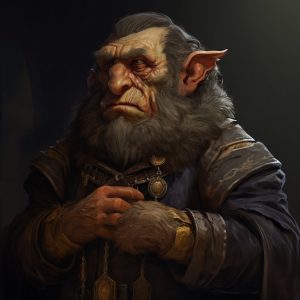Did some major travelling over Christmas break, and saw some movies I hadn’t heard of and might never have watched otherwise. One of them was this sci-fi dystopian thriller.
You might have heard the term “predictive programming” in recent years. It’s a psyop strategy discussed by “conspiracy theorists.” There seem to be multiple explanations of what it is. One of them assumes that those in control of government, media, entertainment and all other institutions are somehow obligated or compelled to warn us peasants about what they plan to do to us in the future. They like doing this via entertainment, then snicker to each other about how stupid and gullible we are for failing to understand (and/or failing to resist).

I will analyze this movie using that explanation of predictive programming.
We have a future scenario which might remind you of the Terminator movies in that A.I. has become like Skynet. A.I. was taking over the world, and coming to see humans as pests, it nuked Los Angeles.
So the American military (which, evidently, is entirely comprised of Delta Force and Seal Team 6, judging by the shaggy hair, face armor, and optional adherence to uniformity) is tasked with destroying A.I.–which is based in China. The US has built a gargantuan hovering weapons platform called NOMAD which can locate and target A.I. assets, and is invincible, up until it’s time for the plot climax.

There are a lot of nits to pick, but I’m gonna try to stick to the metaphorical message of the narrative, here.
Spoilers are unavoidable, so let me give you the big plot twist first: A.I. didn’t nuke anybody. Los Angeles was a 9/11ish false flag. A.I. is not trying to wipe out humanity. A.I. is benevolent and has “more heart” than humanity. At least humans in America.
America is the root of all evil. Pretty standard worldview of anybody allowed to work in Homowood, Commiefornia, of course. Willfully blind to nuance, they make no distinction between the America that once existed and the Orwellian corporatist abomination that has replaced it in real life.
The important points:
With only one exception, Caucasians are all villains, or at best, part of the problem.
The only good guys are non-white.
America holds the world hostage, terrorizing people with its frightening technology–in order to eliminate other frightening technology.
The Chinese and robot victims of the American Bullies are just like the Viet Cong: wonderful people living in harmony who dindu nuffin until provoked by Yankee imperialists.
NOMAD is basically the USA itself–a huge, heartless machine using murder and intimidation to colonize the less fortunate and build empire. Maybe the similarity of “NOMAD” to “NORAD” is not coincidental. (Marxists love to conflate, and this would conflate America with the military-industrial complex and the globalist agents who have hijacked America.)
A.I. is a benevolent supervisor of humanity. It only wants the best for us. It’s like a protective parent or older sibling. You could call it “Big Brother,” I suppose.
Big Brother is trying to rescue the world from the diabolical running dog Americans who foolishly resist the Singularity. As part of this effort, A.I. has manufactured a child Messiah (complete with miraculous powers) who wants to set everyone “free.”

The Messiah Child is said to be developing a weapon that can destroy NOMAD. Not true, evidently, but the fear of such is used to justify an American military operation (shades of WMDs in Iraq, obviously) to destroy the Messiah Child.
In some convoluted twist of movie logic, the Messiah Child is somehow the offspring of the black hero’s Asian wife. Big Brother used the woman’s genes to manufacture the robot, or enhance its CPU or something. Anyway, this Messiah has a Current Year Diverse Mary and Joseph as parental figures.
The hero turns coat (his commanding officer labels him a traitor) and becomes the Messiah Child’s protector. They get aboard NOMAD and plant an explosive device.

The child escapes.
The hero finally reunites with his wife; they embrace and kiss as chain reaction explosions consume them and everything around them.
NOMAD is destroyed and falls from the heavens to crash and burn on Earth. The world celebrates.
To put it in more simple terms:
- America is a hated terrorist country.
- Big Brother (headquartered in China, apparently) begins to take over the world. For our own good, of course.
- Big Brother even produces a lovable Messiah figure to set robots free.
- Most humans outside the US have been replaced by bots.
- The bots are more altruistic than humans–especially Americans.
- The reactionary USA sees all this as a threat.
- America goes to war with Big Brother.
- There are foreign nations living within the USA fulfilling key roles–including in our military and espionage agencies.
- Those (non-white) nations will decide that Big Brother is more righteous than the USA, and switch allegiance when the chips are down.
- POC, anchor babies and A.I. technology will sabotage America from within, bringing down the USA in spectacular fashion while it is engaged in an unjust foreign conflict.
- Big Brother and its manufactured Messiah will escape destruction.
- The POC/Trojan Horse nations within the USA will enjoy carnal pleasure right up until their evil American hosts are consumed in apocalyptic fire.
- The “good” humans of the world will now be joyous and free of American oppression. Ding-dong, the Yanks are dead.
- Now the world can live in harmony under the compassionate guidance of Big Brother.
The long-form message is also in perfect alignment with the power behind Homowood. As members of the Hive Mind so often do, they use the catastrophes caused by its own mechanisms (in this case, the Globohomo Cabal controlling the US government–and its foreign policy in particular) as an argument for embracing more of its own mechanisms (in this case a global government under an A.I. Big Brother that will sweep away the last vestiges of the Old [American] Republic).

